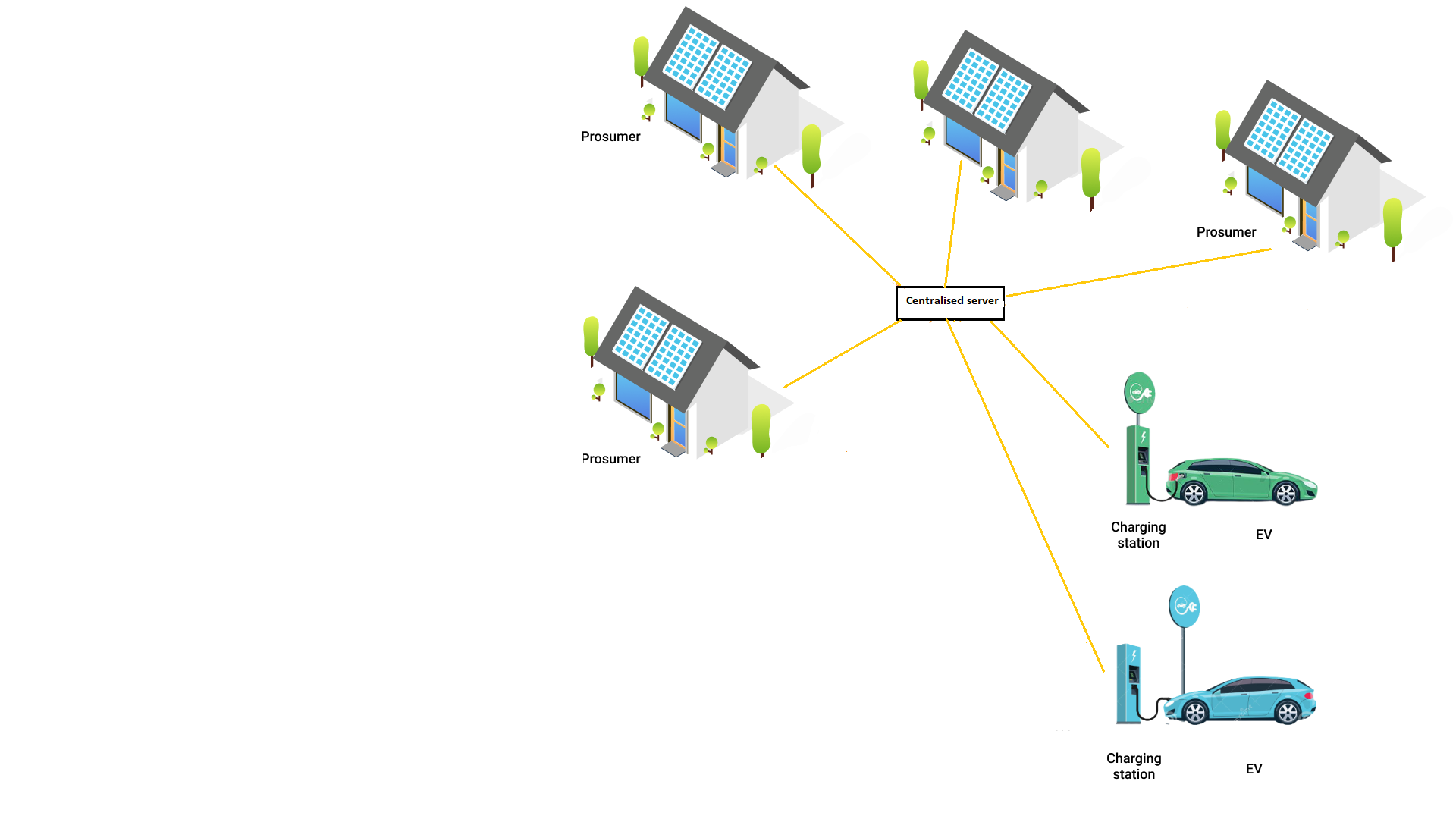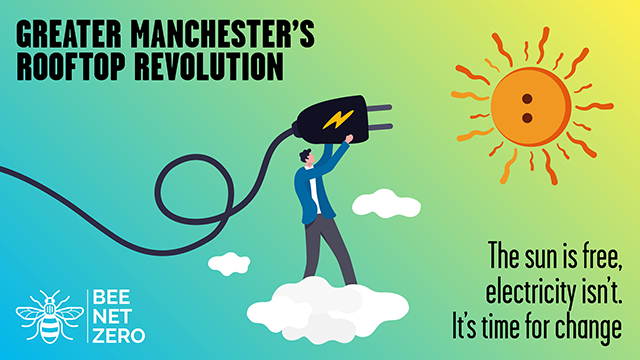
Green Energy Marketplace for Electric Vehicles (EVs)
Lancashire
Our Story
The historic Paris Climate Agreement highlighted the requirements to limit global temperature rising below 1.5 degrees Celsius, with greenhouse gases a major culprit of this global temperature increase. Transport contributes 27% of global CO2 generation and renewable energy was identified as a potentially key solution to the climate crisis.
Against this backdrop, this project combines the problem and solution, enabling households with renewable energy to trade energy with electric vehicle users to charge their vehicles. Our study develops a novel energy trading model that maximises benefits of both stakeholders, renewable energy based households and electric vehicle users.
This study involves methods including semi-structured interviews with stakeholder groups to identify the requirements, mathematical modelling and real-world energy data collection and validation.
All in all, our project aims to meet a number of sustainability development goals set up by the UN, as well as solutions towards UK policies such as the banning of ICE engine models to help drive the change to renewables and help individuals transition from fossil-fuels to renewables in a cost-effective way, all against the backdrop of a global climate crisis.
The Challenge
The removal of financial incentives for renewable energy, including solar panels and government subsidies, helped inspire the project but brought their own set of challenges as well.
Clear evidence showed the decline of renewable energy uptake caused by the removal of financial incentives for new entrants, for small scale renewable energy adoption in Europe, specially in the UK. Additionally, the agenda for 2030 urged the requirement of developing a project idea that will encourage smart and renewable energy technologies.
The project involved working with local councils to help identify individuals who have solar panels already installed at their homes and to help motivate them to engage with the project.
Our Solution
Our project allows households with renewable energy sources (solar panels/wind turbines) can trade their excess energy to EV users to charge their vehicles at a higher price compared to the existing export tariff. Similarly, the EV users too can experience financial benefits by charging their vehicles using renewable energy at an affordable price compared to charging costs of public charging stations. Furthermore, the overall system improves renewable energy usage.
Additionally, with the UK Government’s new step towards greener transportation by banning the sale of new internal combustion engine car models from 2030, our model will provide solutions to fulfil the increase EV charging demand while achieving remarkable emission reductions.
To measure this, we take the energy data of households with renewable energy sources and EV’s. In particular, energy generation and consumptions values of households with solar photovoltaic systems with be measured in KW. Based on these measurements, existing export tariffs for households with solar PV systems and EV charging tariffs using public charging stations, financial benefits is evaluated.







